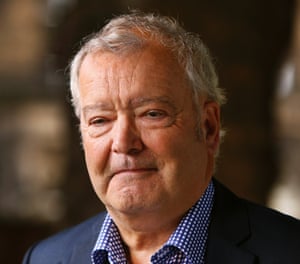As the description on the Tron website states
"On the face of it, local councillor Helen Alving’s financial support for the creation of a Childhood Trust and the donation of her ‘big house’ to the Council to create a new looked-after children’s facility seems to be a magnanimously benevolent gesture to honour her late husband, the Captain.
With the unexpected arrival of her son Oswald 'from abroad’ however, Helen’s carefully constructed reality is torn apart, and the ghosts from their tormented past manifest grotesquely in shocking revelations of political corruption and abuse.
Megan Barker’s dark and gripping adaptation of the Ibsen classic exposes a litany of terrible secrets and the incontrovertible damage these have caused."
The very intense and powerful productions left the audience emotionally exhausted , in the video below the set designer explains the process of coming up with the modern and minimal set than allows the script to play the central role with minimum distractions and allowing the audience to engage with the fullest imagination to the many lessons to be drawn from the present that this play first illuminated over a century ago.
This review from The Scotsman gives the best overview of the play though they do overplay the change of tone of the play.
" What Barker is trying to do, in other words, is to combine the outline of Ibsen’s plot with a 21st century meditation on historic sex abuse, and on the lengths to which some establishment figures will go to conceal and perpetuate these crimes; and it has to be said that the effort to shift the narrative in that direction often pulls the play well out of shape."
